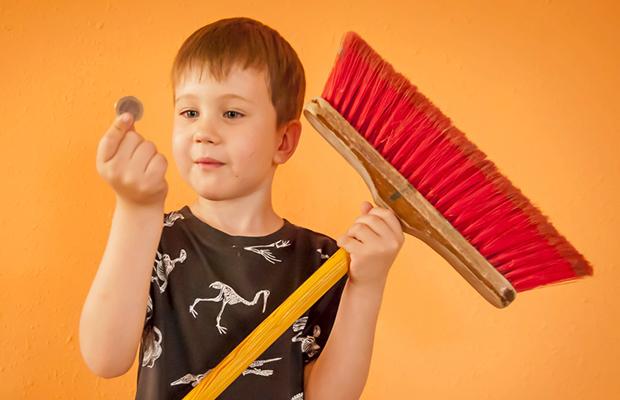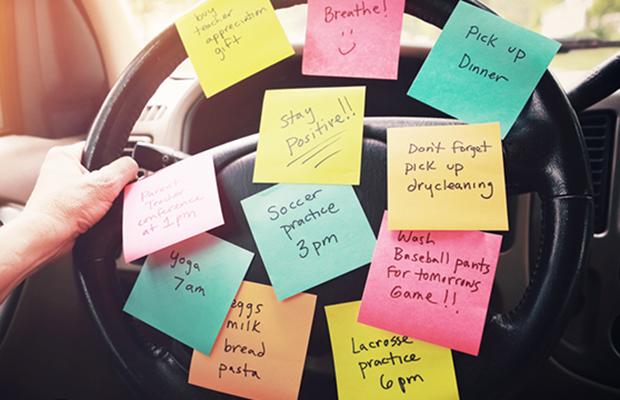It’s Your Turn to do the Dishes
When two siblings have the same family chore to do at different times it is easy to observe how each person approaches the task in different ways. Our family's task of doing dishes came with a dilemma.
My daughter (10) had a preference for "getting the job done." She would go to the kitchen and clean everything as quickly as possible so she could have more time for play. My son (8) would see this as a moment to play while getting the job done. Of course, that plan takes more time. My husband's approach to life more closely matched that of my daughter so he thought her way was good and effective. My son's way drove him crazy.
My son thought that every piece of work should be treated with respect but handled with fun. Therefore, he would make up games to play while doing the dishes. He would clean half the table, then do part of the floor, then play with the hose used to rinse dishes. He was fine. He was happy. He was working. My husband was pacing the room totally agitated. His comments included: "Why does he have to do that?", "Why can't he finish one thing and then go to the next?", "Why must everything be a game and take so long?"
So when it was my son's turn to do the dishes we made my husband leave the house. He had to go take a walk or do something else and when he came back, if there was anything wrong with the job that was done, he could criticize my son. If there was not, then my husband had to acknowledge that it was not the output that was problematic but the process, the way my son had chosen to get the job done.
Acknowledging we have children with inherent and different ways of getting a job done means we should shift our focus to the output. Did the job get done well? One child may take longer but that can be OK. If a time limit is necessary just tell the child that they only have an hour and the child will get the job done within that time frame. The other child may be more time efficient but the quality of work may be the same. Judging a child's work by the product completed rather than the process allows different styles to each be effective in the home.
What if the child does not do a good job? Then likely it is not about style differences. Perhaps the child needs to be taught how to load the dishwasher. Perhaps the child is pulling a "con" to see if they can pretend incompetence and someone will take over the job. Perhaps they are just being lazy and refusing to do the job competently because they don't care.
When any of these happen, you reach in your bag of parenting tools and pull out other interventions. I would suggest telling the child they can leave the kitchen when the job is done adequately. Then ask if they need any help or guidance to understand what is expected. DO NOT show them by doing the job for them. DO NOT lecture on what they should be doing. Instead, remain calm, state once that the kitchen cleanup is their task for the evening and you look forward to reading a book together or doing something fun when they finish. Walk away.
Praise the completed task. Make no comment on the way the job was done. You can ask if they need any advice for their next time to clean the kitchen but allow them to get the job done in their best way, but get the job done.



_thumb.png)





































